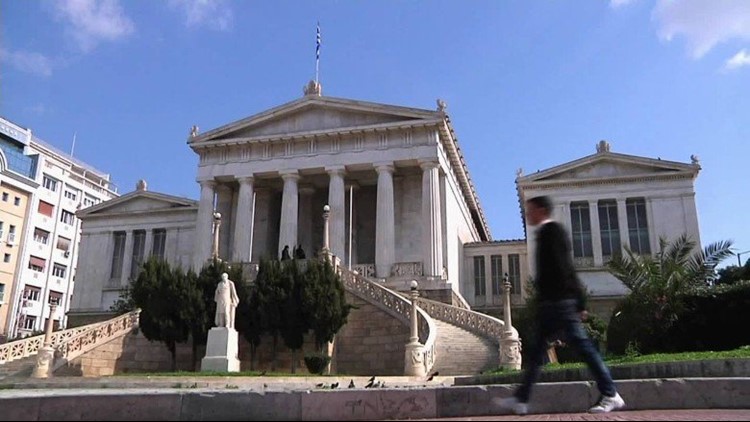NEW YORK (CNNMoney) — If you’re just catching up to it, here are the latest developments in the Greek economic crisis — and what you need to know. Last updated: July 18, 9:45 am ET (1:45 pm GMT).
1) Formal negotiations on a new bailout for Greece — worth as much as 86 billion euros ($96 billion) — can now begin after several European parliaments, including Germany’s, voted in favor. European leaders agreed Monday in principle to offer Greece a new rescue.
2) While the details are being hammered out, Greece urgently needs cash to make debt repayments and pay other bills. Europe is giving Greece an interim loan worth 7 billion euros ($7.8 billion) to tide it over. That won’t last longer than a few weeks, however, so the pressure is still on.
3) Greek banks will reopen on Monday for the first time in three weeks, although caps on cash withdrawals will remain. The reopening was made possible after Europe’s central bank promised 900 million euros in new emergency funding.
4) Greece’s parliament has voted through pension and tax reforms in an effort to cut spending and bring in more revenue. To qualify for the new bailout, it will also need to make substantial changes to energy, labor and product markets, and begin selling government assets. A vote in parliament is scheduled for this week.
5) Greece’s left-wing government campaigned for months against such reforms. Prime Minister Alexis Tsipras said Tuesday he still does not “believe in” the policies, but that he would implement them to secure the bailout and keep Greece in the euro.
6) Many Greeks who are opposed to the new bailout say they would prefer to exit the eurozone and return to the old drachma currency.
7) The International Monetary Fund won’t take part in the new bailout unless it includes debt relief for Greece. A senior IMF official said that could take the form of longer grace periods, longer payment schedules and lower interest rates — the fund was not insisting on outright cancellation of debt.
8) Eurozone nations, along with the European Central Bank and the IMF, have already loaned Greece roughly 233 billion euros in rescue financing since 2010.
9) Even with a new bailout, there won’t be a quick fix for Greece’s Depression-like conditions. The European Commission is now forecasting Greece’s economy could shrink by another 4% this year. Greeks are currently suffering with 25% unemployment and the highest poverty rate in the European Union.



